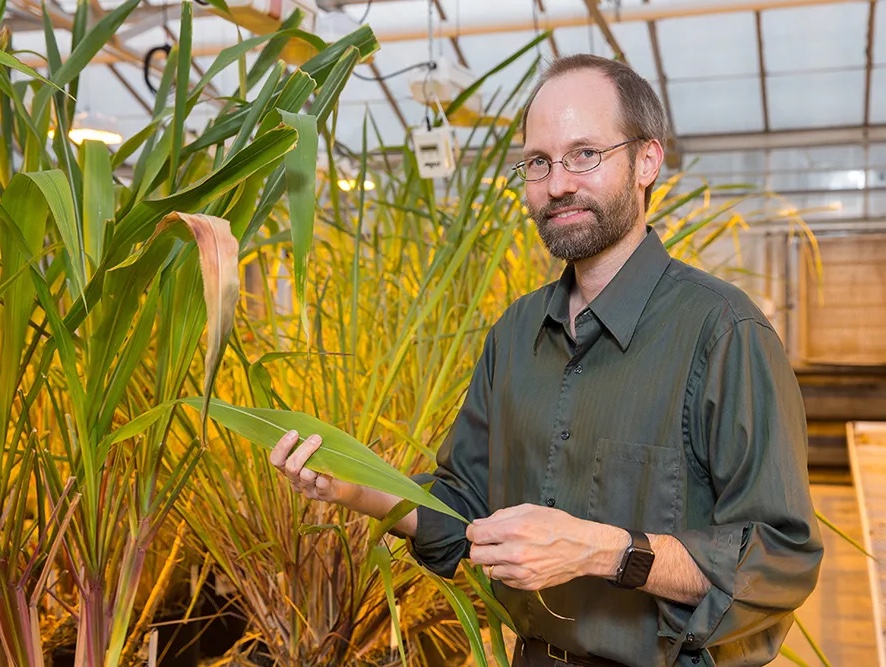105 Cargill, with a reception following in the Cargill Atrium
Abstract: The flow of nitrogen through the agricultural system is highly inefficient and leaky, resulting in $10-20 billion in lost inputs, the pollution of our waterways, excessive emission of nitrous oxide from our croplands and manure, methane from livestock, and carbon dioxide from synthetic nitrogen fixation, together accounting for 11% of U.S. greenhouse gas emissions. Agriculture and the food system are projected to become the primary sources of greenhouse gas emissions by midcentury. We argue that by shifting the use of synthetic nitrogen directly from croplands to livestock and human food, we can dramatically decrease this inefficiency. Furthermore, by lessening the nitrogen demand on our croplands, we can promote a circular nitrogen flow in the cropping-soil systems, paving the way for a transition that maintains high productivity while lessening environmental impact.
Maize production is a pivotal component of the entire agricultural system, offering significant opportunities to modify nitrogen flows in farming and livestock production. Collaborating with groups across the U.S., we are uncovering the genetic variations that enable maize to recycle its nitrogen at the end of the growing season and adapt its growth period to the variability of springtime. Our research is focused on understanding how the Andropogoneae grasses (which include maize, sorghum, sugarcane, and Miscanthus) have adapted to their environments and on applying this knowledge to modern maize cultivation. Employing evolutionary principles and machine learning, we develop robust models that span the central dogma of molecular biology and are applicable across species. This dual approach of leveraging evolution and machine learning has led us to identify key factors such as distal regulatory elements, functional genes, chromatin structures, transcription, translation, and the contributions of protein structure to crop yield. We are now extending these methodologies to uncover adaptations in Andropogoneae and to utilize this insight for maize improvement.
Agriculture faces significant challenges in both adaptation and reducing environmental impacts, yet learning from natural systems and species offers valuable insights for achieving substantial improvements.

Edward S. Buckler is a USDA-ARS research geneticist at Cornell University. He is recognized as
a leader in the integration of quantitative and statistical genetics with genomic approaches, applying these tools to maize and other crops. This work has provided insights into how complex traits are controlled, and he has identified genetic variation useful for crop improvement. Buckler’s group has helped lead in the development of the largest public genetic mapping resources for any species, providing insights into the genetic diversity of species, the genetic architecture of complex traits, hybrid vigor, and the genes controlling numerous traits related to plant flowering, development, starch, and pro-Vitamin A. His research now focuses on using plant genetics in combination with researchers across the agricultural system to tackle agriculture’s impact on climate change. He is a member of the U.S. National Academy of Sciences and has numerous leadership positions within the crop genetics community. He is the recipient of the inaugural NAS Food and Agriculture Award.
